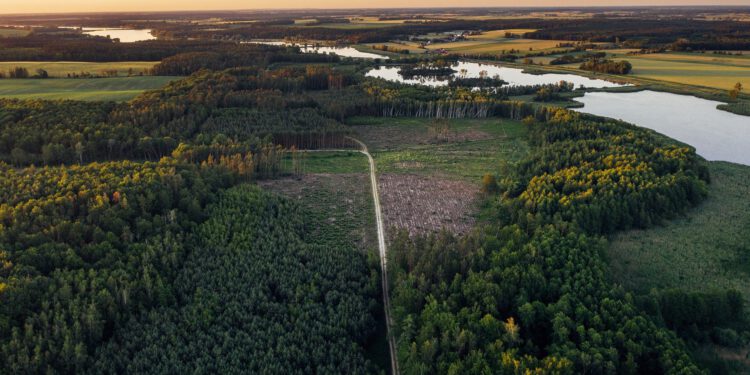Artificial Intelligence has multiple applications but perhaps these are the most important, as they will help the Earth, which is not going through its best moment. Although an extensive list could be drawn up, we have decided to select 6 uses of AI that can end climate change.
At a time when the state of our planet worries the entire population and AI does not stop spreading, we bring you 6 uses of this technology that will help save the Earthpublished by MIT.
David Rolnick, from the University of Pennsylvania, has published an article where he explains the reasons why it is important to use AI to correct many of the actions of the human being on Earth and thus stop the climate change. If you want to read the full report we leave it in this link.
6 uses of AI to slow climate change
1. Predicting the amount of electricity we need
The increase in the use of renewable energies will make us need to know precisely how much energy we need to produceboth at this very moment and in the long term. AI with its algorithms are able to analyze huge amounts of data and predicting household usage patterns, facilitating the production of the necessary energy for them
2. Discovery of new materials
In the scientific field it is vital to discover new materials to store and create energy in more efficient ways. However, this process is very slow and imprecise. Machine Learning accelerates this process by being able to design and evaluate chemical structures simultaneously. It will be very useful for designing solar cells with higher performance or discovering compounds that absorb CO2.
3. Optimization of transport routes
Global shipping of products is a process extremely inefficient due to different destinations, different types of transportation and sizes of goods. AI enables group as many orders as possible to minimize the number of trips, improving supply chains of the various global industries.

4. Improvement of electric vehicles
Transport is one of the reasons we create more pollution. The implementation of AI in this field will allow your algorithms make your batteries more efficientincreasing the miles per charge. In addition, they can predict changes in battery behaviors.
5. Diversity in agriculture
Currently, agriculture is based on monocultures that produce a single type of plant, due to the complexity of having in the same land different crops that need different care. AI enables farmers to predict plant behaviors, making it not only easier to have varied crops, but also reduce fertilizer use.
6. Reducing deforestation
AI, drones, satellite imagery and sensors allow forests to be monitored in their entirety. Making it easier for rangers stop human acts have them try to cut down trees illegally.
If you want to read more about AI, don’t miss this post about Aura, Telefónica’s Artificial Intelligence.







